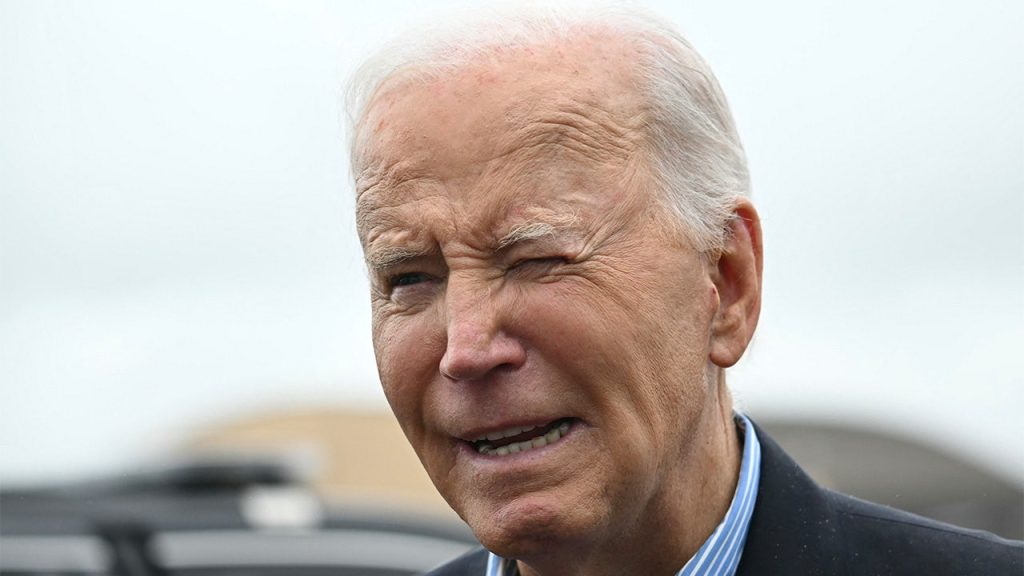President Biden stated that he did not support an attack by Israel on Iranian nuclear sites following Iran’s missile attack on Israel. He emphasized that Israel had the right to respond proportionally to Iran’s actions, but he would not back an attack on Iranian nuclear sites. Biden mentioned that additional sanctions would be imposed on Iran and that he would be speaking with Israeli Prime Minister Benjamin Netanyahu soon to discuss the situation. The tensions in the region had escalated with Iran’s missile attack, and the Biden administration had been leading negotiations on a cease-fire between Israel and Hamas. However, the prospects of a deal seemed daunting, and there was no imminent solution in sight.
The recent attack on Israel by Iran came after the Biden administration had been working to end the ongoing conflict between Israel and Hamas, with little progress made. National Security Council spokesperson John Kirby expressed doubts about reaching a deal, and other officials also indicated that a resolution was not close. During a vice presidential debate, Minnesota Gov. Tim Walz praised Vice President Harris for her steady leadership in the region and emphasized the importance of maintaining alliances with allies. Republican Ohio Sen. JD Vance, on the other hand, voiced support for former President Trump’s “peace through strength” policy towards Israel and emphasized that it was up to Israel to decide how to respond to threats to their country’s security. He also emphasized the importance of supporting allies in their fight against hostile parties.
The focus of the discussion during the vice presidential debate was on the escalating tensions in the region and the need for strong leadership and alliances to address the situation effectively. Both sides presented differing views on how to approach the conflict, with Governor Walz praising Vice President Harris’ leadership and emphasizing the importance of maintaining alliances, while Senator Vance expressed support for former President Trump’s approach of prioritizing peace through strength. The comments made by both sides indicated a commitment to protecting allied forces and responding to threats in a manner that ensured stability and peace in the region.
Following the exchange of missile attacks between Iran and Israel, President Biden’s response to the situation signaled a cautious approach to managing the conflict and avoiding further escalation. While affirming Israel’s right to defend itself, he made it clear that he did not support an attack on Iranian nuclear sites. The Biden administration’s efforts to negotiate a cease-fire had not yielded significant progress, and the situation remained tense. The differing perspectives presented by the candidates during the debate highlighted the complex nature of the conflict and the importance of strong leadership and alliances in addressing the challenges in the region.
Overall, the escalating tensions in the region following Iran’s missile attack on Israel raised concerns about the potential for a broader conflict. President Biden’s response focused on de-escalation and the imposition of additional sanctions on Iran, while also indicating a willingness to engage with Israeli leaders to address the situation. The debate between the vice presidential candidates underscored the need for steady leadership and a cohesive approach to managing the conflict effectively. Moving forward, the resolution of the conflict between Israel and Hamas remained uncertain, but the commitment to protecting allies and maintaining peace and stability in the region was a key priority for all parties involved.


